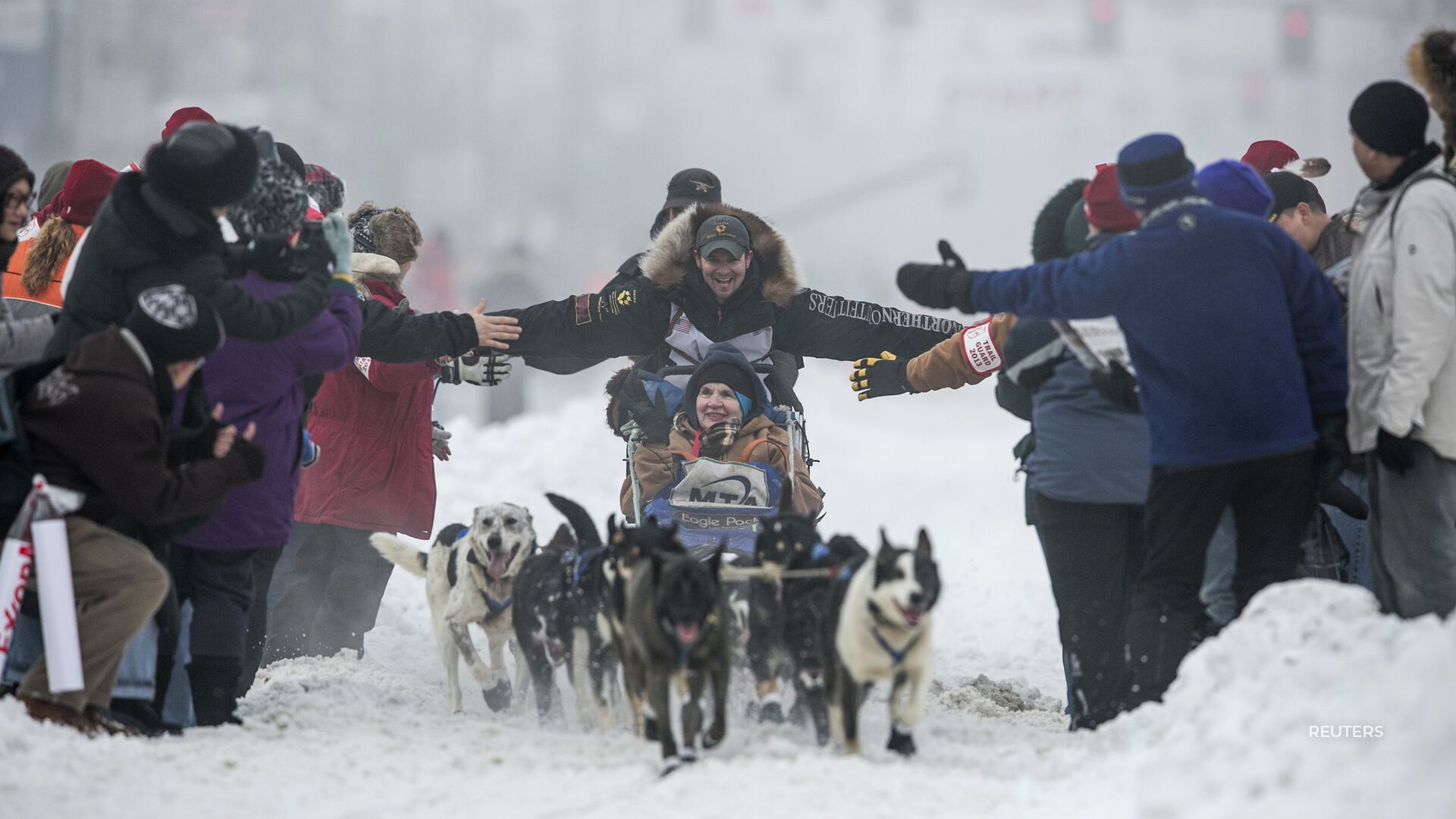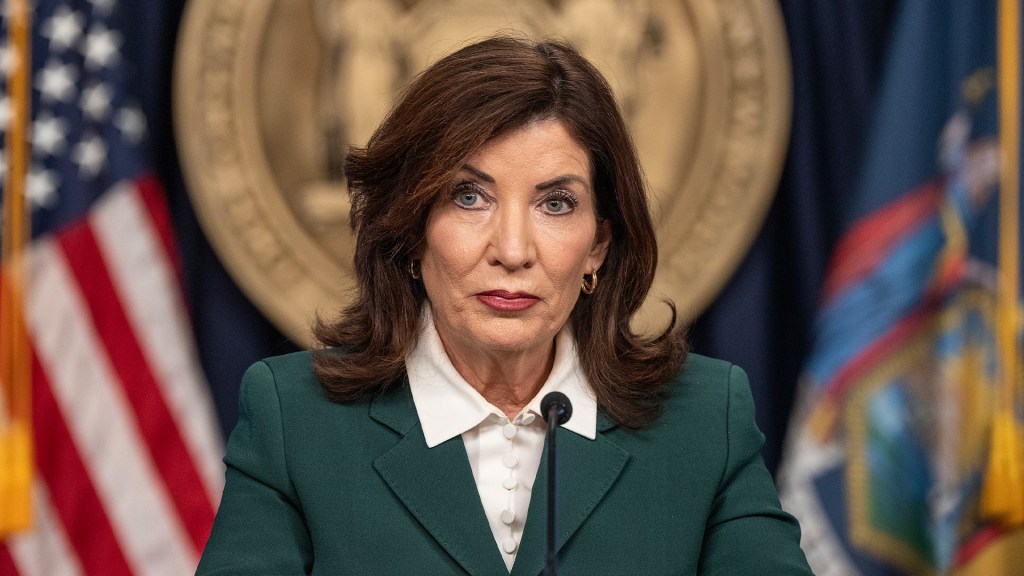
SHANNON LONGWORTH: The week before their 1,000-mile race begins, these Iditarod mushers are on tight schedules.
They’re gearing up—
And meeting fans—
KATTIJO DEETER/MUSHER: “I mean, we have all of our events that we have to go to, of course, and then packing the sled. You know, I’ve got a whole physical checklist of things that I want in the sled.”
MATTHEW FAILOR/MUSHER: “Running the race team, practicing longer miles, packing my sled, fixing any broken equipment, plowing the driveway…”
LONGWORTH: But Alaska’s Iditarod doesn’t happen without the dogs. And they have their own activities ahead of race day…including mandatory vet checks.
DR. STU NELSON: “They all have a blood sample done, so we get CBCs and chemistry panels so we get a good insight into their overall body condition that way. And then ECGs or EKGs we do on all the dogs, checking for any kind of heart abnormalities that might be present.”
LONGWORTH: Animal activists group PETA has accused mushers of abuse for years.
Executive Vice President Tracy Reiman, saying in a press release that “as PETA alerts more people to the number of dogs who have died along this thousand-mile trail, the Iditarod will soon have no choice but to call its final race.”
PETA notes that the race has fewer sponsorships this year and low participation.
With 33 mushers–down from 50 last year–-this is a small field.
FAILOR: “33 mushers is a low end, but it’ll come back–it’ll bounce back. We may not see 80 or 90 mushers like we used to, but dog mushing isnt going to go anywhere, it’s just some people retire…and maybe it’s just a low rookie class and lots of the mushers are having kids now and lots of their prioirities are changing. But dog mushing will be strong no matter what.”
DEETER: “I think people just need to trust that this event is not put on by a bunch of animal abusers. That’s not what you’re seeing here. What you’re seeing is a bunch of people that love dogs and love spending time with them and being out in the wilderness. And you’re really seeing this awesome relationship of human and animal that we honestly don’t have a lot of anymore.”










